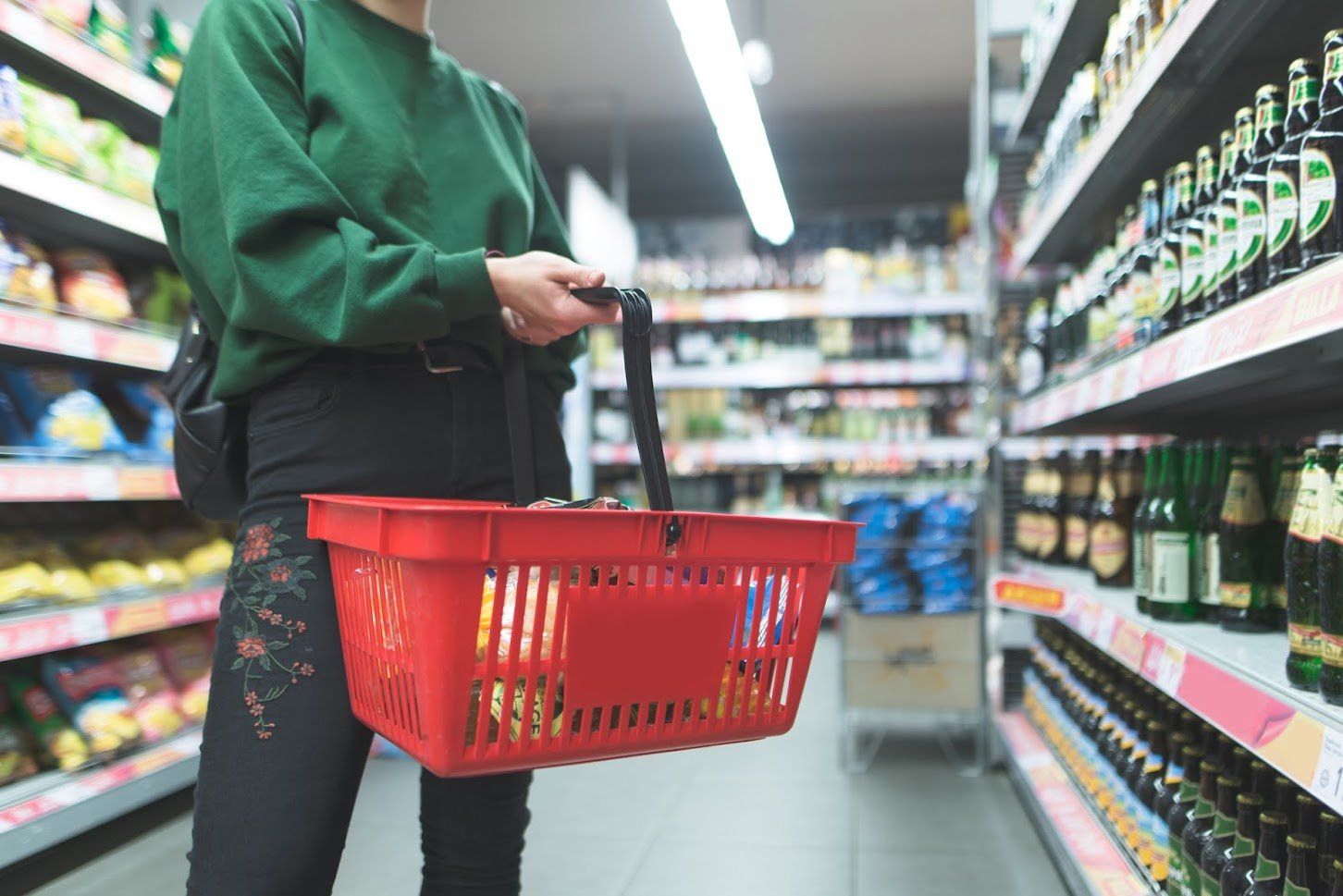Retailer Liability for Defective Products

Many people understand that product manufacturers and designers are often liable if a defective product causes an injury. However, those are not the only potential defendants. Product liability claims may affect everyone in the distribution chain, including the retailer who sold the defective product.
Below are some reasons for retailer liability for product defects.
Negligence
You can hold a retailer liable for injuries that their negligence might cause. Retailer negligence can occur in two main ways.
1. Poor Transportation or Handling
Some products require careful handling to avoid damages that can make them dangerous. For example, retailers should transport food and insecticides separately since insecticides are usually poisonous. Thus, a retailer that uses a milk truck to transport insecticides is negligent. You can use negligence to hold the retailer liable for your insecticide poisoning.
2. Poor Storage
Perishable products may spoil during storage. For example, some products require temperature control - otherwise, they go bad. A retailer who stores such products under improper temperatures is liable for the ensuing damages.
Risk Knowledge
You can also file a defective product claim against a retailer if they knew or should have known about a product's defect but didn't do anything to avert the danger. The government expects retailers to know the safety status of the products they sell. For example:
- A drug store should know the expiry dates of their drugs
- A food vendor should know whether their products are under recall
- A car dealership should know whether their cars have defective brakes
The retailer should use the knowledge to protect their clients. For example, they can:
- Withdraw the products from the market
- Send the products back to the manufacturers
- Fix the defects Warn the consumers about the defects
Failure to take any of these measures can make the retailer liable for your injuries.
Failure to Warn
Some products are inherently dangerous. However, they are in use because their benefits far outweigh the risks. For example, many drugs have side effects, but people still use them because of their benefits.
Retailers of such products should warn their clients about the potential dangers. For example, a pharmacist should warn you if you want to buy a drug that can cause an upset stomach. You may file a claim against the pharmacist if you buy the drug without warning and suffer extreme stomach issues.
False Advertising
Many retailers advertise their products for awareness and sales promotions. The advertising must be accurate to allow customers to make informed purchase decisions. A retailer who makes a false advertisement can be liable for the related injuries.
Consider a phone service provider that claims that their phone has coverage all over the country, including your area. You may have a claim against the provider if you buy the phone only to realize it doesn't have coverage in your area.
Strict Liability
Strict liability allows you to hold a defendant liable for your damages without regard to the defendant's actions. For example, strict product liability allows claims against a retailer without proof of the retailer's negligence. With strict product liability, you need to prove that:
- The retailer sold the product
- The product was inherently defective
- You used the product as the manufacturer or retailer intended
- The product caused you injuries
Once you prove all the elements, you do not need to prove any mistake on behalf of the retailer.
Borbi, Clancy & Patrizi has handled personal injury cases for many years. We know how to value, negotiate, and even litigate injury claims for our clients.
Contact us for a free initial consultation of your case to determine the best way to get the settlement you deserve.
